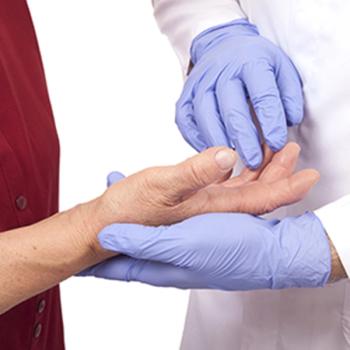
A recent study examined if the benefit from the drug brentuximab vedotin was worth the neuropathy that it causes for many patients with lymphoma.

A recent study examined if the benefit from the drug brentuximab vedotin was worth the neuropathy that it causes for many patients with lymphoma.

Imbruvica was granted an accelerated FDA approval to treat some patients with marginal zone lymphoma (MZL).

Imbruvica (ibrutinib) improved survival for patients with small lymphocytic lymphoma (SLL) and chronic lymphocytic leukemia (CLL), according to study results that were recently presented.
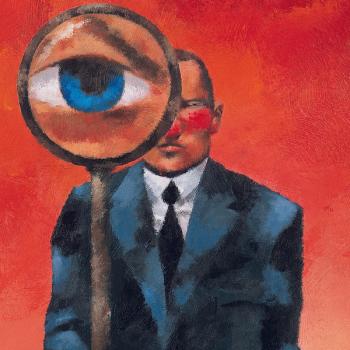
Andrew D. Zelenetz, M.D., Ph.D. weighs in on recent research and the future of treating hematologic malignancies.

Stem cell transplant is still the only curative treatment option for many hematologic malignancies, even as novel drugs continue to emerge.
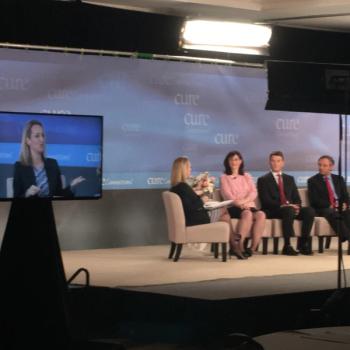
Patients and providers shared inspiring stories of hope, as well as some tips for better living at the Seventh Annual Ruesch Center Symposium: Fighting a Smarter War on Cancer.

Keytruda was granted a priority review to a supplemental biologics license application (sBLA) to treat a subset of patients with classical Hodgkin lymphoma.

While Opdivo is currently the only immunotherapy agent approved for Hodgkin lymphoma, immunotherapy strategies are beginning to emerge in other indications in the field.

CURE spoke with an expert on the importance of classifying T-cell lymphomas and what is next in this field.

Patients with activated B-cell-like lymphoma may not respond to standard treatment, so new options are being explored.

Updated trial data shows that Opdivo had a high objective response rate for a cohort of patients with classical Hodgkin Lymphoma.

By mitigating some of the financial burdens, The Leukemia & Lymphoma Society helps patients better stick to treatment regimens.

By taking the brakes off immune response, immunotherapy empowers the body to fight resistant or recurrent classical Hodgkin lymphoma.

There’s an enormous — and growing — menu of treatments for B cell lymphomas.
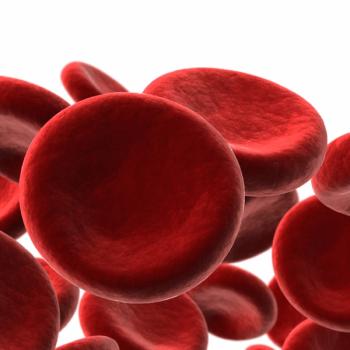
Adcetris met its primary endpoint in a phase 3 trial for patients with T-cell lymphoma.
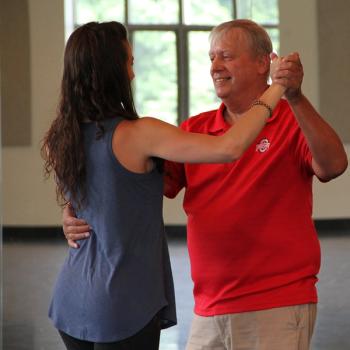
A tango program for cancer survivors is showing to have benefits far beyond developing graceful dance moves.

Data from the KEYNOTE-087 study showed overall response rates of about 70 to 80 percent in three separate groups of relapsed/refractory Hodgkin lymphoma patients.
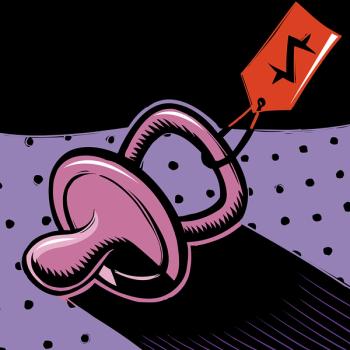
A recent study showed that for young women who were treated for cancer, the issue of fertility is not adequately addressed.

The FDA approved Opdivo (nivolumab) for classical Hodgkin lymphoma (cHL).

Men whose partners are diagnosed with cancer may need to learn new strategies to become effective caregivers.
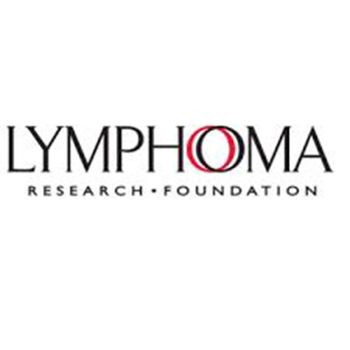

Only 30 percent of survivors at high risk for cardiac damage adhered to long-term recommendations including an echocardiogram, electrocardiogram or multigated acquisition scan.

Paring down treatment for Hodgkin lymphoma may reduce the risk of long-term side effects. Minimizing without hurting cure rates is the challenge.

Patients with cancer aren't the only ones who need a little levity in their lives.
